Cinnamon Spray for Moldy Leaves and Soil: An Easy DIY Plant Care Hack

If your houseplants are struggling with moldy leaves or fuzzy soil, this pantry staple might be the surprising fix you didn’t know you needed. Cinnamon isn't just for your morning toast — it’s actually a powerful natural anti-fungal that can help keep mold at bay and your indoor plants happy and healthy.
This easy DIY project takes a little steeping time, but the result smells like snickerdoodles and helps prevent mold. Win-win!
Here’s how to make your own cinnamon spray for plants.
Tools and Materials:
- 1 tablespoon Ground cinnamon
- Spray bottle
- 2 cups water
- Small saucepan
- Coffee filter
Hometalk may receive a small affiliate commission from purchases made via Amazon links in this article but at no cost to you.
1. Warm the water and cinnamon
In a small saucepan, add 1 tablespoon of ground cinnamon to 2 cups of water. Gently heat the mixture over low heat.
Don’t let it boil — just warm it enough to start releasing the cinnamon’s natural anti-fungal properties.
💡 Tip: If you only have cinnamon sticks, you can use one or two — just steep for twice as long in Step 2.
2. Let it steep
Once warm, remove the pan from heat and let it sit for about 1 hour. This gives the cinnamon time to infuse the water with its mold-fighting goodness.
Important Note: This spray works best when used consistently and early, before mold spreads too much. You may need to apply it more than once — be patient and persistent.
3. Strain the liquid well
After steeping, strain the mixture through a coffee filter (not just a mesh strainer) into a bowl or measuring cup.
⚠️ Don’t skip this step! Even tiny cinnamon bits can clog your spray bottle, so it’s worth the extra effort to filter it thoroughly.
4. Transfer to a spray bottle
Pour the filtered cinnamon water into a clean spray bottle and label it if you like.
Store extra spray in the fridge and use within 7 days — it doesn’t have preservatives, so it can spoil if left out too long.
5. Spritz moldy areas on plants
Spray directly onto affected leaves, stems, and soil. Use every few days until the mold is gone.
Pro Tips:
- For thick mold, gently wipe the leaves first with a soft cloth, then spray. And always test on one leaf first — most plants are fine, but it’s smart to spot-check before treating everything.
- Wondering if sprinkling cinnamon works too? It can! Sprinkling ground cinnamon on soil helps prevent fungus, but for mold on leaves, the spray gives better coverage.
- Concerned the sweet smell might attract bugs? Good news — cinnamon actually repels many pests and won’t bring in ants or gnats.
How Cinnamon Can Boost Your Plants Naturally
How to Make Cinnamon Spray to Stop Mold on Houseplants
Have you tried using cinnamon in your garden before? Leave a comment and share your results!

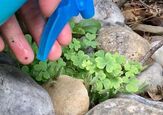

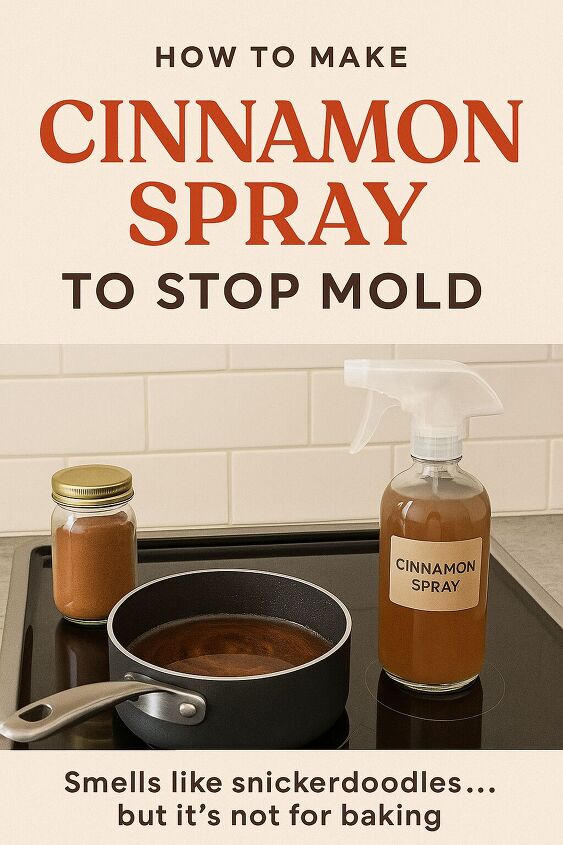

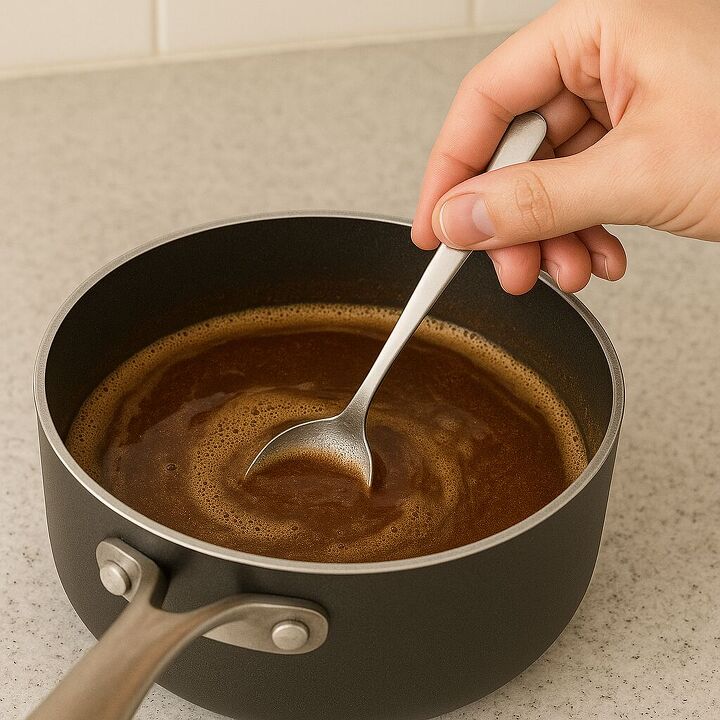




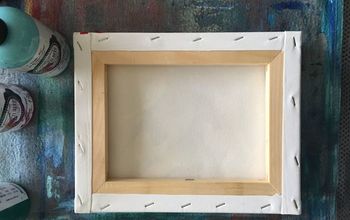
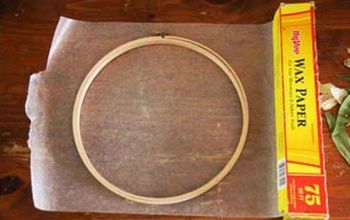




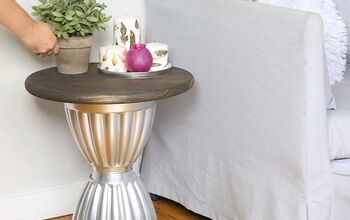
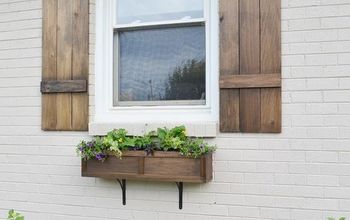

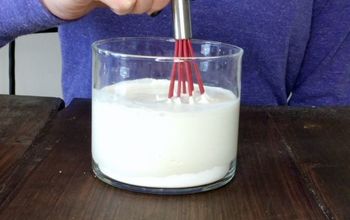


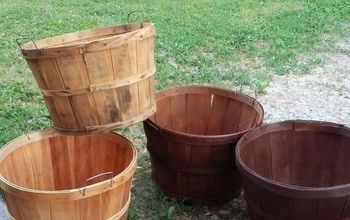
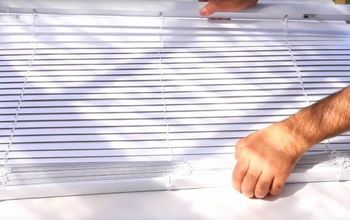

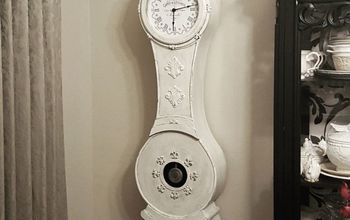

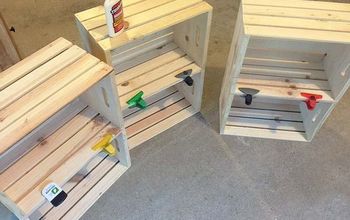
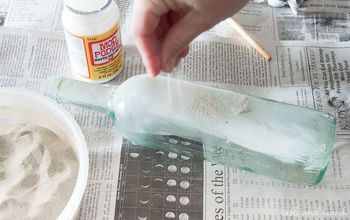
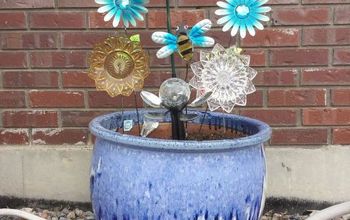
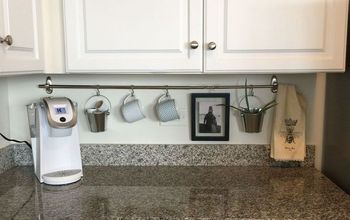
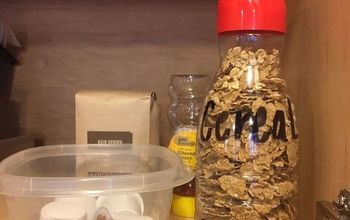
Frequently asked questions
Have a question about this project?
What about fungus gnats?
is the cinammon spray effective on outdoor moms on pathway bricks?
It’s also a good rooting hormone substitute